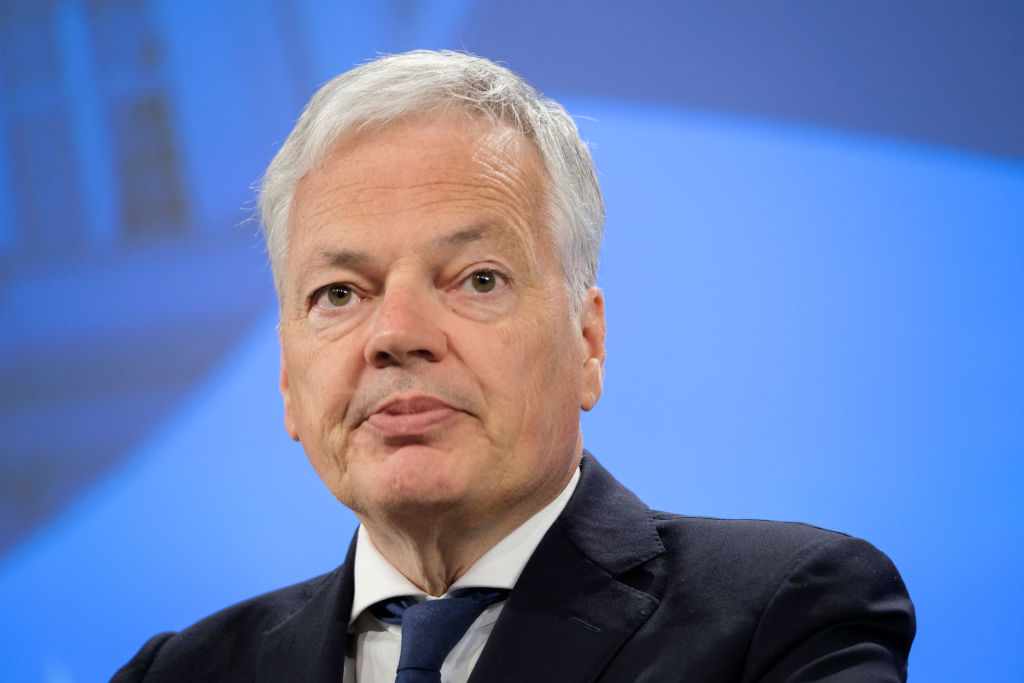The Eurozone is now almost certainly in recession, data gathered by capital market group S&P Global appears to show.
Published on December 15, its Global Purchasing Managers’ Index (PMI) for the currency union indicated the bloc has continued to shrink over the past number of weeks.
Such likely contraction has largely been driven by a collapse in European manufacturing, with the ever-weakening German economy cited as one of the major drivers of the current downturn.
“Once again, the figures paint a disheartening picture as the Eurozone economy fails to display any distinct signs of recovery,” Cyrus de la Rubia, chief economist at the Hamburg Commercial Bank, said regarding the findings.
According to the academic, it now appeared almost certain that the EU economy had “contracted for six straight months”.
“The likelihood of the Eurozone being in a recession since the third quarter remains notably high,” she concluded.
De la Rubia added that while Germany’s economy “is in a bad shape, in absolute terms”, France was seeing a steeper decline in both its services and manufacturing sectors.
“Germany is experiencing a much slower contraction in this area, while the downward trend of the index is more pronounced in France,” she said.
“Similar dynamics are observed in manufacturing, where the pace of output decline is faster in France than in Germany.”
Spain’s Deputy Prime Minister and economy minister Nadia Calviño has beaten European Commissioner Margrethe Vestager for the top job at the European Investment Bank. https://t.co/soYai0ycJg
— Brussels Signal (@brusselssignal) December 8, 2023
S&D Global is not the only financial giant that has been handing the Eurozone poor report cards in recent weeks.
Bloomberg polling has indicated that most economists view Europe’s economy as being in the doldrums and, while some predict a slight recovery in the first quarter of 2024, few expect much ground to be reclaimed.
By contrast, post-Brexit Britain is doing well compared to its continental neighbours, with the country’s PMI indicating slight growth towards the end of 2023.
“A revival in the services economy is helping the UK’s private sector end the year on a more positive note,” John Glen, of the Chartered Institute of Procurement and Supply, said regarding the findings.
“The increase in input costs shows inflation is proving stickier than hoped and indicates there is still some way to go before costs stabilise,” he added.
“An easing of inflationary pressures and a more robust return of customer demand will be high on the private sector’s wish list as we head into 2024.”
Chinese state media called Moody’s “biased” on Wednesday for its negative rating outlook on the world’s number two economy. https://t.co/V1yKXJgTmt
— Brussels Signal (@brusselssignal) December 6, 2023





